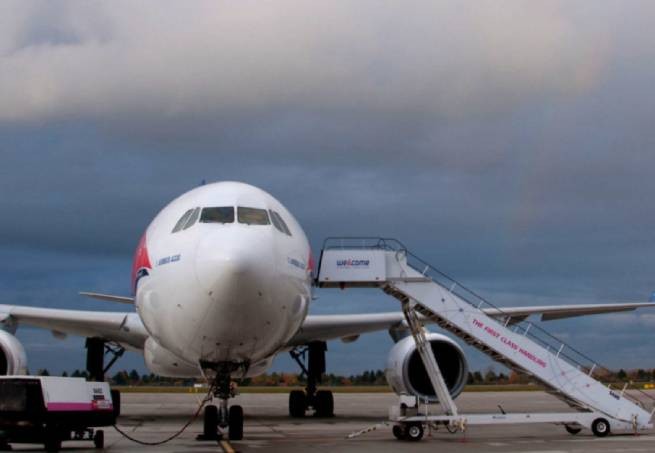Since the beginning of the full-scale Russian invasion, more than 7 million Ukrainians have gone abroad. Some have already returned. However, the war continues, and a large number of Ukrainians have remained abroad, where they are establishing their lives. Will they want to return home after the war?
Oleksandra Kolomiets, PhD in Economics, Senior Economist at the Center for Economic Strategy, writes about this in her column for the Ukrainian edition economic truth.
Why most Ukrainians will not want to return
According to research 4Service, 61% of Ukrainians may stay abroad. The decisions of people forced to leave Ukraine not to return are most affected by the duration of the war. After all, the longer the war lasts, the more time people have to take root in the countries where they now temporarily live.
“Mothers will find jobs and build networks of mutual support, and children will learn the language and be able to fully study in local educational systems,” says Alexandra Kolomiets.
In addition, countries EU so far, they are very conducive to the socio-economic adaptation of Ukrainians. Promote official employment, provide social rights.
“When the situation in Ukraine stabilizes, countries will be able to elegantly get rid of Ukrainians who will not contribute to the development of their economies. They can establish requirements for the renewal of a residence permit, for example, formal employment or higher education,” the author explains.
According to Kolomiets, Ukraine, after the war, will deal with the negative economic consequences and will not be able to provide people with the salary they could count on. Therefore, for Ukrainians who have left and found work abroad, working at home will not look very attractive.
Attracting Ukrainians to work
The author notes that the EU countries give Ukrainians good conditions for their own self-realization. Abroad, Ukrainians can work in accordance with their specialization. For example, it can be the work of doctors, teachers, who, after learning the language, can confirm their diploma and find a job.
“Many EU countries are experiencing shortage of workers not only of working specialties, but also of skilled labor, including teachers and doctorswhose work is not highly paid in Ukraine. The states assist Ukrainians in learning local languages so that they confirm their diplomas and work in their specialty,” emphasizes Oleksandra Kolomiyets.
Also, a problem may arise when students return (as well as schoolchildren. Editor’s note). Indeed, in the countries where they are now, they are more involved in the labor market, and the educational process itself is less complicated there than in Ukraine.
And most importantly, the education system in these countries is in local languages, with different terms and methods. Which will no doubt be one of the reasons why both students and their parents want to complete their studies in these countries. And the second, no less important reason is that the diplomas of the EU countries are somewhat different than the diploma of Ukraine, which, at least, needs to be protected and recognized in another country.
Stay, we need you…
The author does not write this, but hints at the obvious fact that Europe, which seems to have been disappointed in the adaptation of immigrants from Asian and African countries, this time bet on the Ukrainians. Who, as their experience of working in Poland, the Czech Republic, Hungary and partly in Germany, has shown, are much more hardworking than Asians and Africans, and there is no question of the level of education. Well, the most pleasant thing for a rapidly aging Europe is that the Ukrainians are representatives of the classical European ethnic group, and in a generation it will be impossible to distinguish them from the majority of Europeans.






More Stories
Why only a few Ukrainian refugees in Germany found work (video)
Children of a Ukrainian refugee were molested by a pedophile
Large-scale reform of EU migration legislation approved by the European Parliament